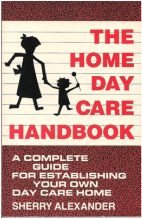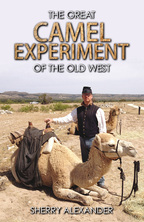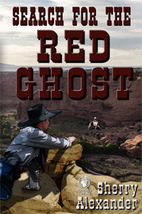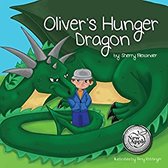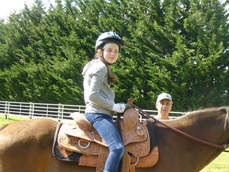
Three years ago as many of you already know, we lost our daughter, Dawn. Dawn was a wonderful mother who believed the best education possible for her two beautiful daughters was a partnership between learning at home and attending a family-centered community school for two days a week. That gave her daughters the best of both worlds--socialization and education through the public school home school curriculum and a more in-depth education of various subjects at home. It worked well for her eldest daughter who just graduated high school and Clark College at the same time and with her Associates Degree at the ripe old age of 17. She enters WSU as a Junior in January. Can you tell how proud I am of her accomplishments in the face of tragedy? But back to why my writing is not a priority at the moment.
When my 9 year old granddaughter lost her mom, I became her home teacher. That decision meant that I spent two and a half days at school and two and a half days at home teaching grammar, reading comprehension, mathematics, health and fitness, spelling, and writing. Her time in school covered social studies, writing, math, and science. That first year was difficult for both of us, but it was also healing. This is going on my 4th year now, and I expect it to be as rewarding as the last three--for me and for her. However, even though writing is not a priority, here are three things I do to keep the creative juices flowing and the word count mounting.
- Decide on a writing project for the month--article, short story, a chapter in your new book. I find narrowing my vision to one particular project to be completed in 30 days keeps me from becoming overwhelmed or feeling like a failure.
- Set time aside. I know this sounds easy, but believe me it is not! There are numerous times that my brain is drained by the end of the school day. So setting a specific time or even an amount of time each day will help. During the school year, I know I can write for 25 minutes each and every day. If it is more, that's fantastic. But the 25 minutes is a hard and fast rule. Plus, it is amazing how much can be accomplished in that time.
- No revision! During the week, when I my 25 minutes comes, I don't spend it revising. I let the words flow. Sometimes, it's not words exactly, but ideas on how the chapter or the article or the short story needs to flow, what should come next, or how it should end. The point is to write whatever the imagination wants me to write on the project I chose for the month. I save the revision for Sunday evening. That's when I pull everything I've written all week together.

 RSS Feed
RSS Feed
